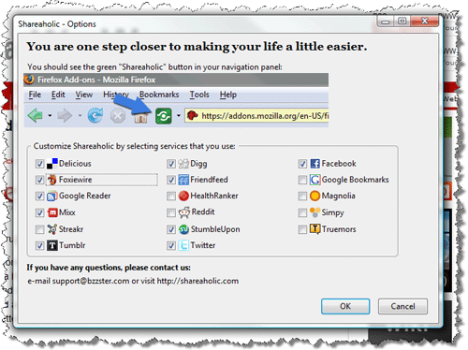One cannot survive without the need for competition. It is innate in all of us – to survive and to thrive, we must compete against each other. Charles Darwin said it best “Only the strong survive”. It is what pushes us to reach the next level.
Free market economies of the world operate on this principle – the idea of competition. By allowing opposite and opposing forces to generate the best outcome. It is competition which drives innovation. It leads us to higher levels of thinking and standards of living. Sometimes it is as simple as someone looking at the status quo and saying: “I think I can do better than that”.
One of the most interesting concepts I have come across that turns this competition principle on its head is “open source”. The idea that you can release intellectual property to the wider community and have them collaborate to generate solutions. Software companies have been doing this for a while now. Revenue used to be generated in selling licenses to software and the user would have to renew it on a yearly basis.
But now companies are giving up the Holy Grail – the source code to the open community to work with. I have recently heard presentations from Atlassian and Google, where they have provided their proprietary knowledge to the world. To allow people to work on it and develop better solutions and to enhance existing products.
The beauty of open source is that it is always getting updated. It might be version 2.0 today, but tomorrow it could be version 3.0. Plug-ins, enhancements and so forth, will be rapidly developing in the background. It is a symbiotic relationship between the company that owns the code, software developers and customers.
We had a presentation at work today from Google about their new products, and the concept that kept reappearing was open source. The idea that anyone can access it, work on it, and develop into something better. This principle applied to the upcoming release of the Android mobile platform, which will be used across all phones. They also discussed this idea of “open social”, which is one platform for all social networking gadgets and the idea of multiple communities. The problem at the moment is that a lot of these sites like Myspace, Facebook, LinkedIn, Friendster, etc… use different platforms. Many of these companies are now migrating to an open social platform, so that new developments can be rolled out across all these websites without having to modify them.
The other interesting concept that I have come across is “cloud computing”. I first read about it 8 months ago and it has become a much bigger concept now. The idea of cloud computing is that users can access something from anywhere. To illustrate, I can access my email from my home PC. But I can also access it from my laptop, work PC, an iphone, mobile device, from an internet café. You get the idea.
The user can come from anywhere. So applications and platforms need to be built to encompass all these different scenarios. Think of it as a big cloud, and you can fly into it from many different angles. It is the idea that it can be universally accessible. For me, a great example is the social bookmarking site Delicious. I save all my bookmarks on this website and I can log into any computer, on any browser (Internet Explorer, Firefox) and can look at my bookmarks. Its brilliant. I have access to my information independent of where I am and from where I access.
The guys at Google also unveiled a new product called “Google Health” which is based on this cloud computing idea. You know how when you go to a particular doctor, that doctor has all your medical records. If you go overseas, and see a doctor in Barcelona, Spain they don’t have access to your medical records (true story – happened to me!). Or if you are in an accident, they need immediate access. In an even simpler scenario, you change doctors and all the records are with your old doctor.Google Health consolidates all your medical information onto one platform, allowing you to access it anywhere via the web. No doubt that security and privacy concerns abound – but you can see the power and the immediate usefulness of cloud computing.
Lastly, one of the cooler Google innovations discussed today was “Google Chrome”. It was released last week and it is a new type of internet browser, competing against Internet Explorer and Firefox. It has a lot of cool features (of course, it has to be open source), such as allowing you to save websites as shortcuts onto your desktop, change window panes around & resize them, view the source code and operating statistics, has all the built in plug ins and just runs a lot faster.
How they position themselves in the browser market will be interesting given that they fund Mozilla Firefox and Internet Explorer is planning to release version 8.0 pretty soon. But hey, competition breeds innovation. Let the browser wars begin!
In the IT space, we are seeing a different type of competition. Parties are collaborating together, proprietary knowledge is being shared and diffused to the public. Open source is likely to become the norm, as we collectively work together to solve problems. Will this also extend to other areas of business and other types of knowledge sharing? The idea of cloud computing also poses new ways of thinking – by combining all our information and having it accessible anywhere, anytime.
Filed under: Uncategorized | Tagged: cloud computing, Google, Google chrome, open source | 2 Comments »


